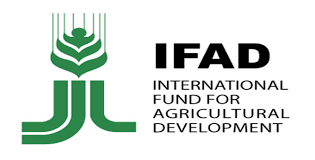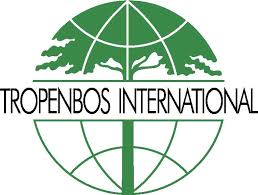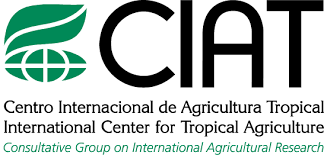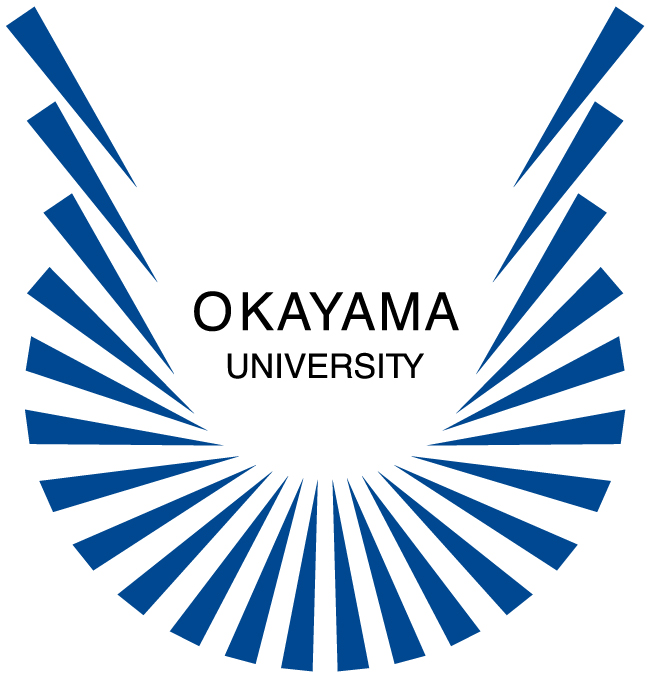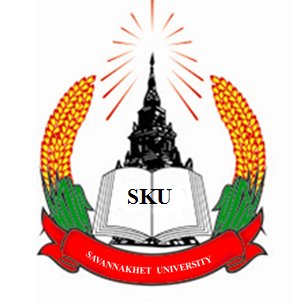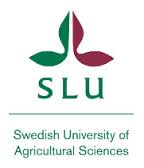Study on selection of rice varieties for resistance to the whitebacked planthopper(Sogatella furcifera Horvath) in Central Vietnam
Selection of 1- 2 whitebacked planthopper (WBPH) resistant varieties of rice with high yield and quality to be adaptive to rice production in the central Vietnam.
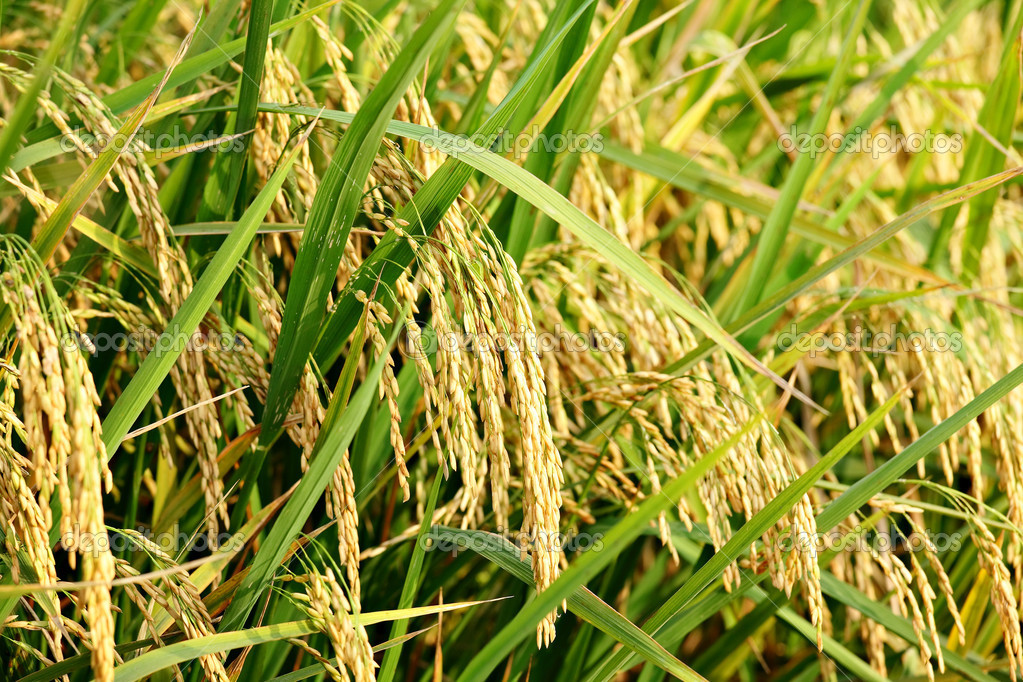
1.General Information:
- Project title: Study on selection of rice varieties for resistance to the whitebacked planthopper(Sogatella furcifera Horvath) in Central Vietnam
- Code number: B2013-DHH-107
- Coordinator: Associate Professor Tran Dang Hoa
- Implementing institution: College of Agriculture and Forestry - Hue University
- Duration: 2 years (2013 – 2014)
2.Objectives:
2.1. General objective
Selection of 1- 2 whitebacked planthopper (WBPH) resistant varieties of rice with high yield and quality to be adaptive to rice production in the central Vietnam.
2.2. Specific objectives
- Evaluation of resistance to several WBPH populations in Central Vietnam (i.e. Nghe An, Thua Thien Hue and Quang Nam) of collected rice varieties in the laboratory.
- Identification of the biotypes of the WBPH in several rice growing areas in Central Vietnam (i.e. Nghe An, Thua Thien Hue and Quang Nam).
- Evaluation on the WBPH resistance, growth and yield of potential varieties of rice in the fields.
- Evaluation on rice quality of selected BPH resistant varieties.
3. Creativeness and innovativeness:
Using resistant varieties is the proactive measures, effectively controlling WBPH without causing environmental pollution. However, after a while using resistant varieties, the WBPH develops new biological types (biotype) with high toxicity that can damage the resistant varieties. There has been no specific study on biotype and direction of biotype development of the WBPH in Central Vietnam. Evaluation of the sustainability of WBPH resistant varieties has not been emphasized in Central Vietnam. The identification of biotypes and tends to develop new biotypes of WBPH in an area of rice production is an important scientific basis for an effectively use of WBPH resistant varieties.
In recent years, some authors have conducted researches on collection of local rice varieties, selection of rice varieties with high yield, good quality and less infection of the WBPH in some provinces of central region. However those researches only focused on valuation of the damage of the WBPH to rice varieties in morphological expression level in the field but without deep study of WBPH biotype. Therefore, it is difficult to exactly conclude any WBPH resistant varieties to recommend to rice production. This study was the first work using the materials and standard methods of the International Rice Research Institute (IRRI) and Japan to study systematically on the biotype and resistance of rice varieties to the WBPH in Central Vietnam. During the experiment, many research materials have been improved in accordance with the existing experimental conditions in Central Vietnam. Therefore, the methods and results of this study will be easy to recommend to practical production of rice in the region.
4.Research results:
- Collected 38 rice varieties including 06 WBPH differential varieties ((N22, ARC10239, ADR52, Podiwi- A8, N’Daing Marie, Maggar), 01 susceptible variety (TN1), 32 new and commonly used rice varieties, and 01 commonly used varieties (HT1) for control.
- Among 32 collected rice varieties evaluated on the resistance to threeWBPH populations from Central Vietnam in the laboratory, 5 varieties (KR1, OM4900, OM7347, HP10, HP19, XT27) had expressed high resistance to all WBPH populations.
- Biotype of the WBPH populations in Central Vietnam belongs to biotype 1 and biotype 2.
- Evaluation of 5 potential resistant varieties (KR1, OM4900, OM7347, HP10, HP19, XT27)in the fields of 3 provinces in Central Vietnam such as Nghe An, Thua Thien Hue and Quang Nam shown that these varieties could grow better;WBPH density (score 1 – 3) was lower than the control varieties; the yields were higher than the control varieties.
- Evaluation of rice quality of potential resistant varieties shown that these varieties were good quality with high protein content (>8%), low amylase content (< 20%), elongated shape, conforming to the tastes of consumers.
- Productive evaluation of KR1 and OM4900 in Summer – Autumn 2014 in selected study sites shown that these varieties had high resistance to WBPH, high adaptability to local ecological conditions and high quality. Therefore, we recommend that these varieties should be evaluated on adaption, yield and WBPH resistance in different ecological regions. As results, KR1 and OM4900 varieties need to coduct on-farm productived trials in order to early incorporate into the rice variety structure in Central Vietnam.
5. Products
- 01 listed table of the assessment on WBPH resistance of collected rice varieties.
- 05 rice varieties with good resistance to the WBPH, high yield, good quality and high adaptability to ecological conditions in Central Vietnam.
- 04 articles published in scientific journals.
- 01 PhD students involved in the implementation and used some parts of research result for a doctoral thesis.
- 02 MSc students in Crop Science graduated in 2014
- 5 BSc students in Plant Protection and Crop Science graduated in 2013 and 2014.
- 01 scientific final report of research results.
6. Effects, transfer alternatives of research results and applicability
- Provide information on WBPH resistant rice varieties to seed companies, centrers for extentsion, departments of plant protection...to disseminate the varieties into whole regions.
- Contracting for the transfer of WBPH resistant rice varieties with seed companies in the central regions with method on techinal tranfer or package tranfer.
- The research centers, universities, extension and management departments in Central region and whole country can apply research methods and results.
- Results of this study will be references to other studies of pest resistant variety in general and WBPH resistant variety in particular.
- Research results can be extended and applied to areas with similar ecological conditions with the study area.
- Project title: Study on selection of rice varieties for resistance to the whitebacked planthopper(Sogatella furcifera Horvath) in Central Vietnam
- Code number: B2013-DHH-107
- Coordinator: Associate Professor Tran Dang Hoa
- Implementing institution: College of Agriculture and Forestry - Hue University
- Duration: 2 years (2013 – 2014)
2.Objectives:
2.1. General objective
Selection of 1- 2 whitebacked planthopper (WBPH) resistant varieties of rice with high yield and quality to be adaptive to rice production in the central Vietnam.
2.2. Specific objectives
- Evaluation of resistance to several WBPH populations in Central Vietnam (i.e. Nghe An, Thua Thien Hue and Quang Nam) of collected rice varieties in the laboratory.
- Identification of the biotypes of the WBPH in several rice growing areas in Central Vietnam (i.e. Nghe An, Thua Thien Hue and Quang Nam).
- Evaluation on the WBPH resistance, growth and yield of potential varieties of rice in the fields.
- Evaluation on rice quality of selected BPH resistant varieties.
3. Creativeness and innovativeness:
Using resistant varieties is the proactive measures, effectively controlling WBPH without causing environmental pollution. However, after a while using resistant varieties, the WBPH develops new biological types (biotype) with high toxicity that can damage the resistant varieties. There has been no specific study on biotype and direction of biotype development of the WBPH in Central Vietnam. Evaluation of the sustainability of WBPH resistant varieties has not been emphasized in Central Vietnam. The identification of biotypes and tends to develop new biotypes of WBPH in an area of rice production is an important scientific basis for an effectively use of WBPH resistant varieties.
In recent years, some authors have conducted researches on collection of local rice varieties, selection of rice varieties with high yield, good quality and less infection of the WBPH in some provinces of central region. However those researches only focused on valuation of the damage of the WBPH to rice varieties in morphological expression level in the field but without deep study of WBPH biotype. Therefore, it is difficult to exactly conclude any WBPH resistant varieties to recommend to rice production. This study was the first work using the materials and standard methods of the International Rice Research Institute (IRRI) and Japan to study systematically on the biotype and resistance of rice varieties to the WBPH in Central Vietnam. During the experiment, many research materials have been improved in accordance with the existing experimental conditions in Central Vietnam. Therefore, the methods and results of this study will be easy to recommend to practical production of rice in the region.
4.Research results:
- Collected 38 rice varieties including 06 WBPH differential varieties ((N22, ARC10239, ADR52, Podiwi- A8, N’Daing Marie, Maggar), 01 susceptible variety (TN1), 32 new and commonly used rice varieties, and 01 commonly used varieties (HT1) for control.
- Among 32 collected rice varieties evaluated on the resistance to threeWBPH populations from Central Vietnam in the laboratory, 5 varieties (KR1, OM4900, OM7347, HP10, HP19, XT27) had expressed high resistance to all WBPH populations.
- Biotype of the WBPH populations in Central Vietnam belongs to biotype 1 and biotype 2.
- Evaluation of 5 potential resistant varieties (KR1, OM4900, OM7347, HP10, HP19, XT27)in the fields of 3 provinces in Central Vietnam such as Nghe An, Thua Thien Hue and Quang Nam shown that these varieties could grow better;WBPH density (score 1 – 3) was lower than the control varieties; the yields were higher than the control varieties.
- Evaluation of rice quality of potential resistant varieties shown that these varieties were good quality with high protein content (>8%), low amylase content (< 20%), elongated shape, conforming to the tastes of consumers.
- Productive evaluation of KR1 and OM4900 in Summer – Autumn 2014 in selected study sites shown that these varieties had high resistance to WBPH, high adaptability to local ecological conditions and high quality. Therefore, we recommend that these varieties should be evaluated on adaption, yield and WBPH resistance in different ecological regions. As results, KR1 and OM4900 varieties need to coduct on-farm productived trials in order to early incorporate into the rice variety structure in Central Vietnam.
5. Products
- 01 listed table of the assessment on WBPH resistance of collected rice varieties.
- 05 rice varieties with good resistance to the WBPH, high yield, good quality and high adaptability to ecological conditions in Central Vietnam.
- 04 articles published in scientific journals.
- 01 PhD students involved in the implementation and used some parts of research result for a doctoral thesis.
- 02 MSc students in Crop Science graduated in 2014
- 5 BSc students in Plant Protection and Crop Science graduated in 2013 and 2014.
- 01 scientific final report of research results.
6. Effects, transfer alternatives of research results and applicability
- Provide information on WBPH resistant rice varieties to seed companies, centrers for extentsion, departments of plant protection...to disseminate the varieties into whole regions.
- Contracting for the transfer of WBPH resistant rice varieties with seed companies in the central regions with method on techinal tranfer or package tranfer.
- The research centers, universities, extension and management departments in Central region and whole country can apply research methods and results.
- Results of this study will be references to other studies of pest resistant variety in general and WBPH resistant variety in particular.
- Research results can be extended and applied to areas with similar ecological conditions with the study area.
Author: Associate Professor Tran Dang Hoa
Newer articles
Older articles
HUAF tries its best to become as the prestigious university. Additionally, HUAF always makes great efforts in training to provide localities and enterprises with qualified human resources. It is highly appreciated as a good center in science and technology to contribute the development of socio- economics to the whole country in integration tendency.
- Online30
- Today11,169
- This month153,199
- Total16,049,004

